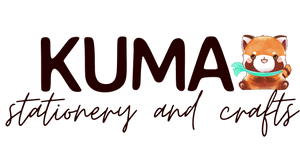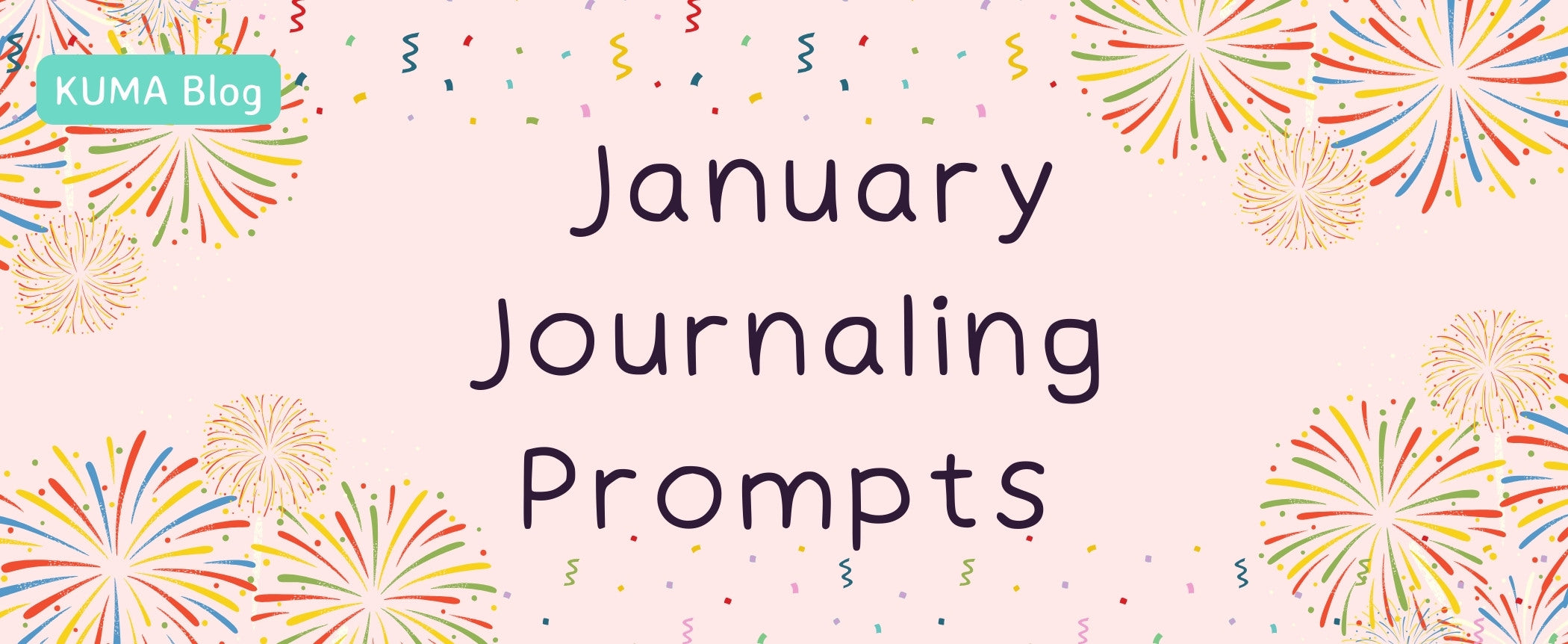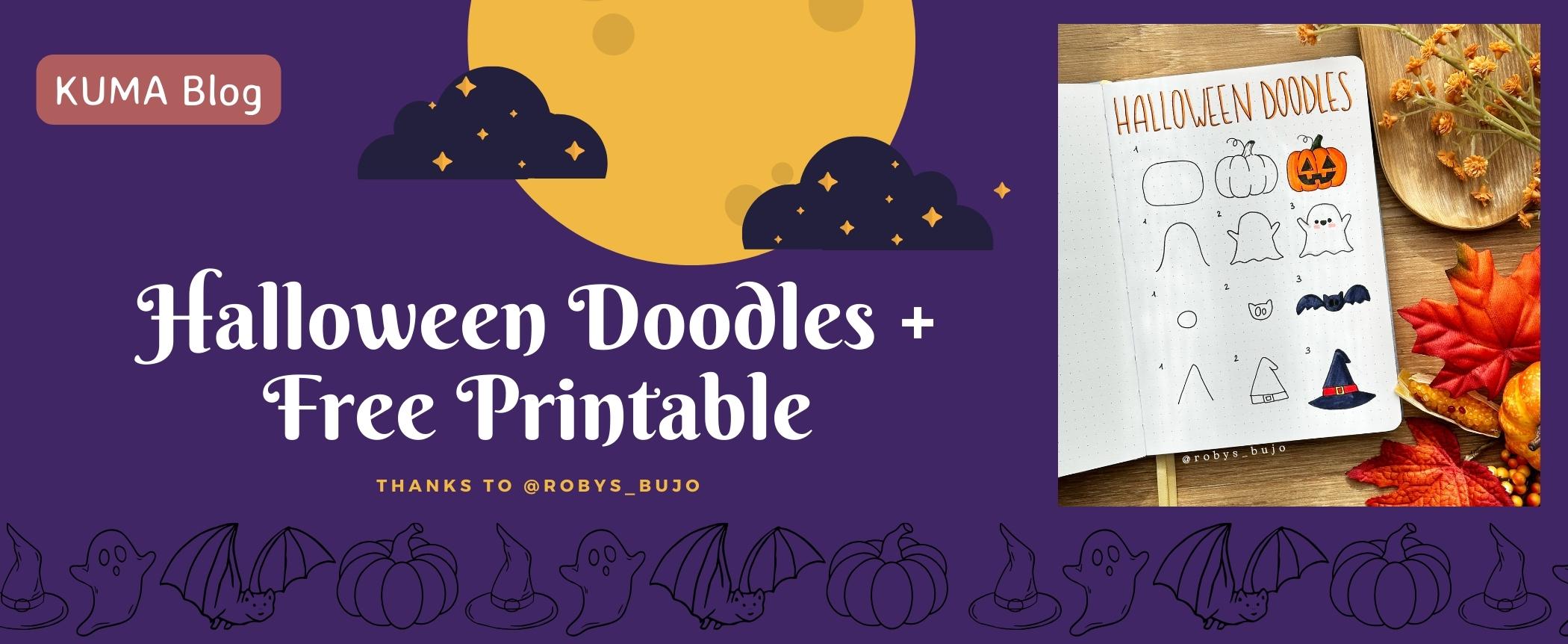
"Journaling for Self-Discovery: Tips for Uncovering Your True Self"
by Mea (co-founder of KUMA)
Journaling is a powerful tool for self-discovery. By putting your thoughts and feelings down on paper, you can gain a deeper understanding of yourself and your life experiences. In this post, we'll share some tips on how to use journaling for self-discovery and provide examples of journal prompts to get you started.
1. Create a Quiet Space
Find a quiet space where you can focus and write without distractions. This could be a cozy corner in your home or a peaceful spot in nature. Make sure you have a comfortable place to sit and write, and that you have all the supplies you need, such as a pen and notebook.

2. Set an Intention
Before you start writing, set an intention for your journaling session. This could be anything from exploring a particular emotion or experience to simply gaining a better understanding of yourself. Setting an intention will help you stay focused and on track.
3. Choose Your Journal Prompts
One of the best ways to use journaling for self-discovery is to use prompts. Journal prompts are questions or statements that inspire you to explore your thoughts and feelings in a deeper way. Here are some examples:
- What are my biggest fears, and why do they scare me?
- What are my core values, and how do they influence my decisions?
- What are the limiting beliefs that hold me back, and how can I overcome them?
- What are my greatest strengths, and how can I use them to achieve my goals?
- What do I want to change about my life, and how can I make it happen?

4. Start Writing
Once you've chosen your journal prompts, start writing. Write without judgment or censorship, and let your thoughts and emotions flow freely. Don't worry about grammar, punctuation, or spelling – just focus on getting your thoughts down on paper.
5. Reflect on Your Writing
After you've finished writing, take some time to reflect on what you've written. Read back over your journal entry and look for patterns or themes that emerge. Think about how your writing relates to your intention for the session and how it can help you gain a deeper understanding of yourself.
6. Take Action
Finally, take action based on what you've learned through your journaling. This could be anything from making a change in your life to simply acknowledging and accepting your thoughts and feelings. Remember that journaling is a tool for self-discovery, and the insights you gain from it can help you live a more authentic and fulfilling life.
In conclusion, journaling is a powerful tool for self-discovery. By creating a quiet space, setting an intention, choosing your journal prompts, starting to write, reflecting on your writing, and taking action, you can use journaling to uncover your true self. So, grab your notebook and pen, and start exploring!



















































































































